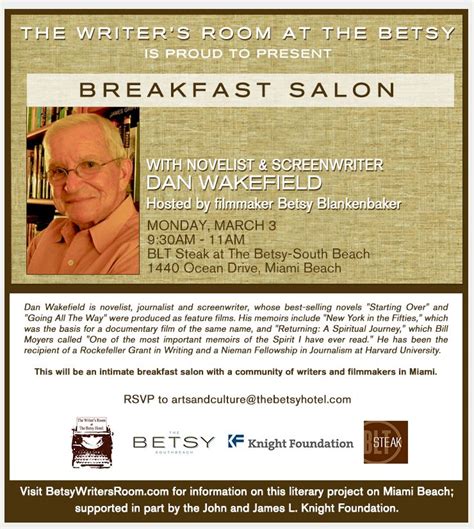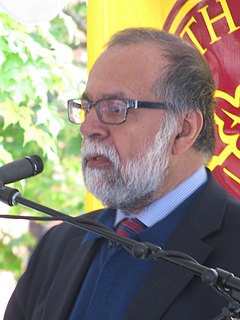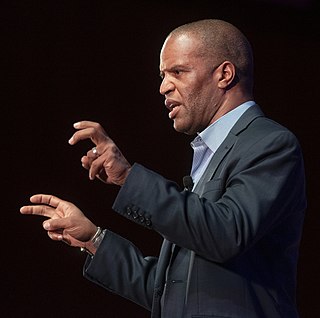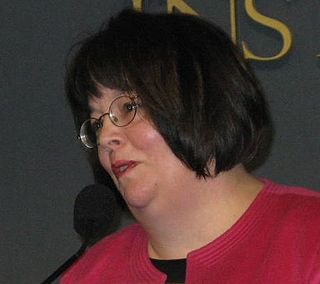A Quote by Tim Ryan
The mindfulness revolution is not quite as dramatic as the moon shot or the civil rights movement, but I believe, in the long run, it can have just as great an impact.
Related Quotes
In less than a century we experienced great movement. The youth movement! The labor movement! The civil rights movement! The peace movement! The solidarity movement! The women's movement! The disability movement! The disarmament movement! The gay rights movement! The environmental movement! Movement! Transformation! Is there any reason to believe we are done?
The great paradox of the civil rights revolution is that instead of enforcing and expanding equality before the law, the revolution created differential rights based on race, gender and, any day now, sexual orientation. The great liberal revolution, centuries in the making, that brought forth equality in law has been overthrown. In its place we see rising a new feudal legal order of status-based rights.
The great social justice changes in our country have happened when people came together, organized, and took direct action. It is this right that sustains and nurtures our democracy today. The civil rights movement, the labor movement, the women's movement, and the equality movement for our LGBT brothers and sisters are all manifestations of these rights.
I've always felt that homophobic attitudes and policies were unjust and unworthy of a free society and must be opposed by all Americans who believe in democracy. The civil rights movement thrives on unity and inclusion, not division and exclusion. My husband's struggle parallels that of the gay rights movement.
Production of identity is a resistance element, an aggressive element. Both a refusal and an affirmation and an assertion, and certainly, we in Jamaica were talking about black art. And the idea that there is a role for art in the civil rights revolution and in the successor to the civil rights revolution.

































